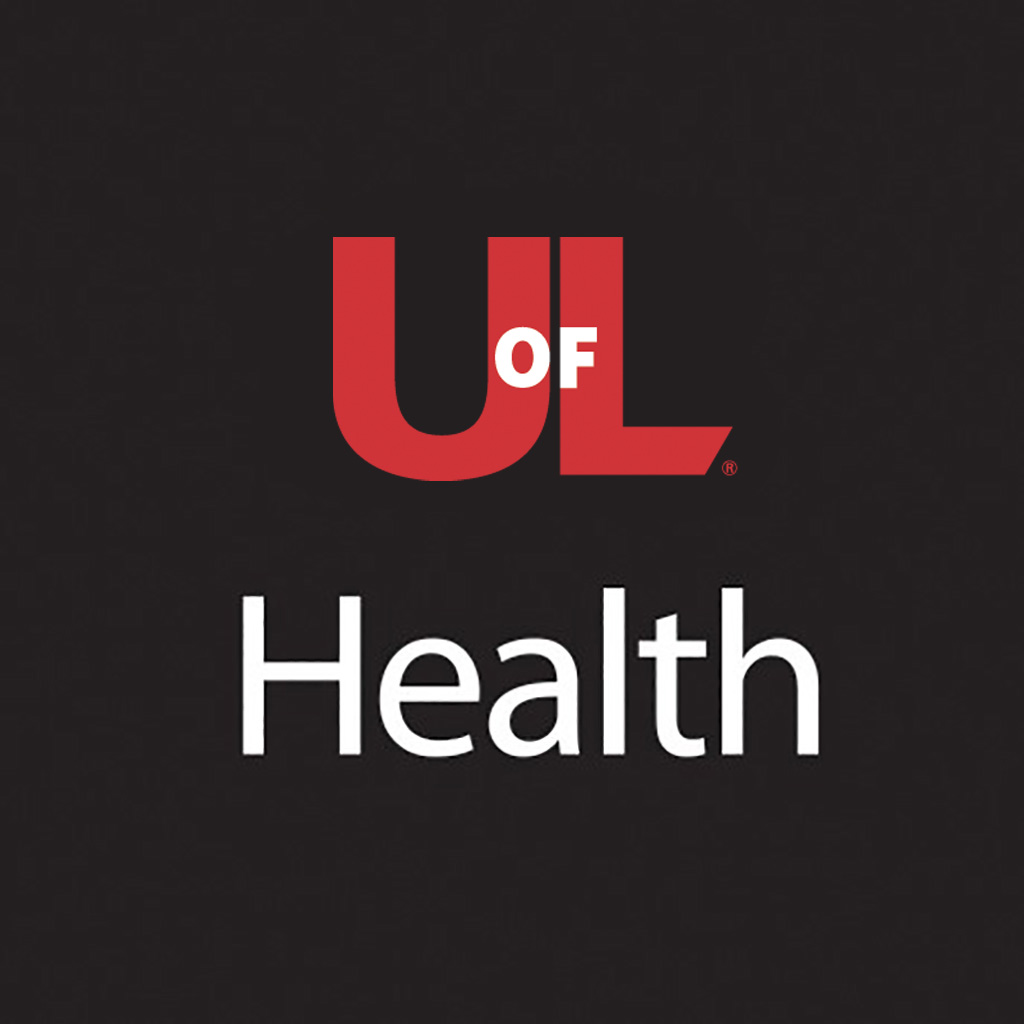
February is American Heart Month. While focusing on heart health it is important to learn the signs of a heart attack while taking precautions to lower your risk.
Early Heart Attack symptoms
- Shortness of breath
- Heartburn
- Discomfort or pain in upper body- chest, arms, back, neck or jaw
Lower Your Risk
- Eat a healthy diet low in saturated fat, trans fat, cholesterol and sodium
- Keep your weight under control
- Be physically active at least 30 minutes a day or most days of the week
- Control your blood pressure and cholesterol levels
- If you have diabetes, manage your blood sugar
- Get regular medical check ups
- Talk to your doctor about a preventative plan and medicines that may be right for you
- Don’t smoke and avoid exposure to secondhand smoke
- Call 911 if you think someone is having a heart attack
Heart attacks do not always have recognizable symptoms. This is most common in diabetic patients or those over the age of 75 who are at risk for a silent heart attack. These individuals should visit their provider and/or cardiologist on a regular basis to continually monitor their health.
Each year approximately 1.2 million Americans suffer a heart attack, and nearly one-third of these individuals die, many before they reach the hospital. People often dismiss heart attack warning signs. Time lost while not acting can equate to loss of heart muscle, resulting in less life enjoyment that depends on physical activity. It is important to note that 85 percent of muscle damage takes place within the first hour of a heart attack. When considering whether to go to the hospital with chest discomfort, or chest pain, it is better to be safe than sorry.
If you or someone you know has chest pain or other heart attack symptoms, call 911 and seek medical attention immediately.










